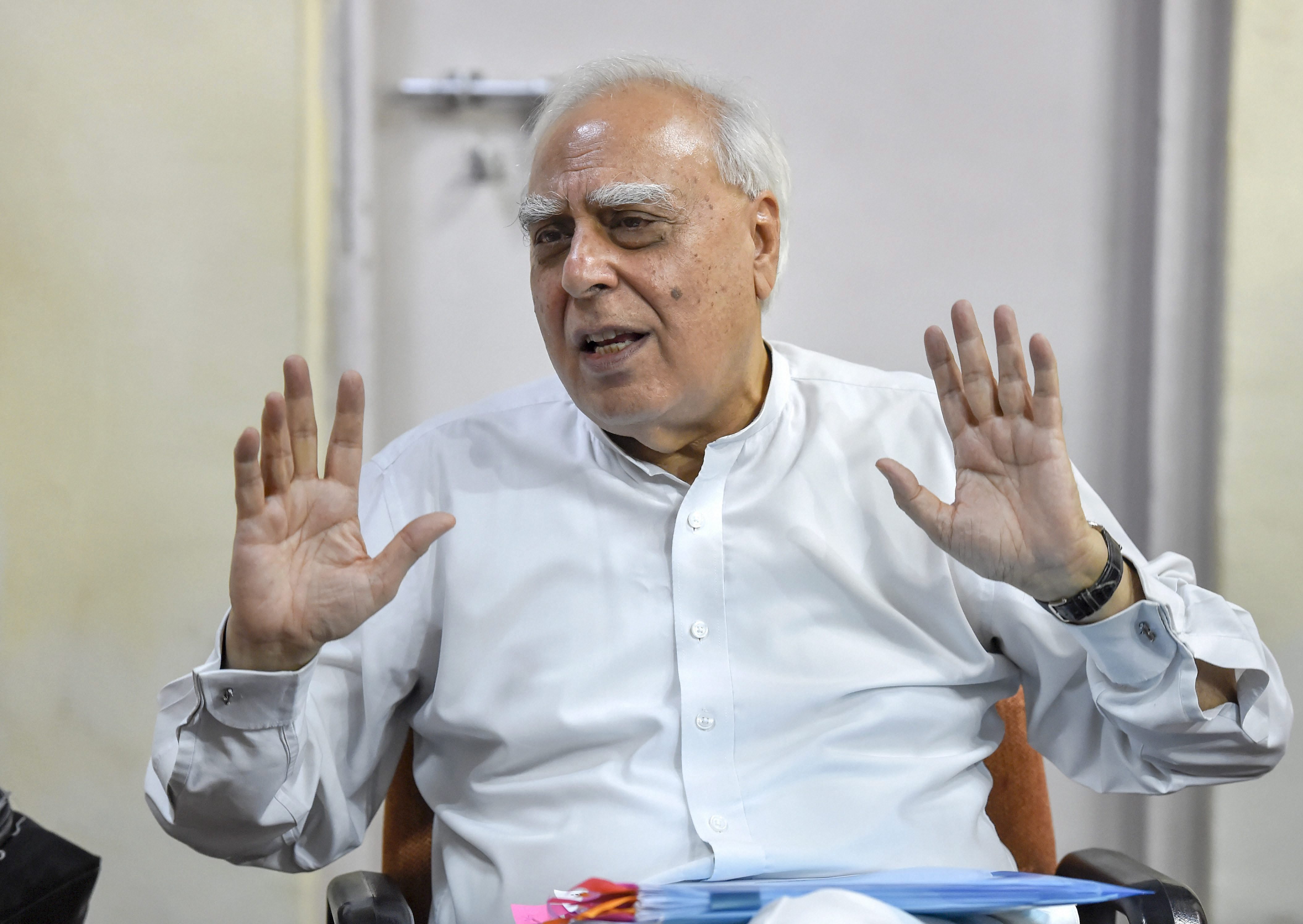A top body on IIT affairs will on Friday discuss proposals to empower the tech schools to appoint their chairpersons and directors, secure government grants linked to student-related expenses, and get ex-students to hand over a part of their initial salaries.
The IIT Council, headed by human resource development minister Ramesh Pokhriyal “Nishank”, will meet here to discuss more autonomy for the 23 Indian Institutes of Technology. All the institute directors are members of the council.
Last year, the government had set up an expert committee to suggest ways of granting more autonomy to these premier tech schools.
The Indian Institutes of Management Act, in force from last year, has empowered the B-schools’ boards of governors to appoint their own members and the institutes’ directors and chairpersons.
“The IIT Council will discuss proposals for greater administrative autonomy for the institutes. If the proposals are accepted, the government will have to amend the Institute of Technology Act in Parliament,” the director of one of the tech schools said.
“Currently many IITs lack chairpersons and directors because the ministry fails to appoint them in time.”
One of the proposals relates to more autonomy in hiring teachers. Current rules say the selection panel should have a nominee of the Visitor, the President of India. Getting the nominee appointed usually takes up a lot of time, delaying the interview.
A committee set up by the University Grants Commission under P. Balram, an academic, had questioned the way interviews for the selection of IIT directors are held. It said that allowing the HRD minister to chair the interview panel opens the door to political interference.
The Niti Aayog too has suggested changes to the process of appointing academic leaders in institutions, which now gives the minister a lot of say.
The IIT Council will also discuss the financial model for the institutes, whose tuition fees it now decides.
A BTech student at an IIT now pays Rs 2 lakh a year while the institute’s operational expenses per student works out to Rs 6 lakh a year. The institutes want the government to pay grants based on the operational cost per student after deducting the tuition fee.
If the government does not agree, the IITs have suggested an alternative: the students should pay back a percentage of their salaries to the institutes after getting a job.
“Several countries have such a provision,” a council member said.
When Kapil Sibal was HRD minister, the IIT Council had suggested getting each student to sign a bond to return the balance of the operational cost after getting a job. The idea was accepted but has never been implemented.
One of the institutes has suggested that since many BTech students have been dropping out, mainly because of the academic pressure, they be awarded a BSc if they have completed three years.










